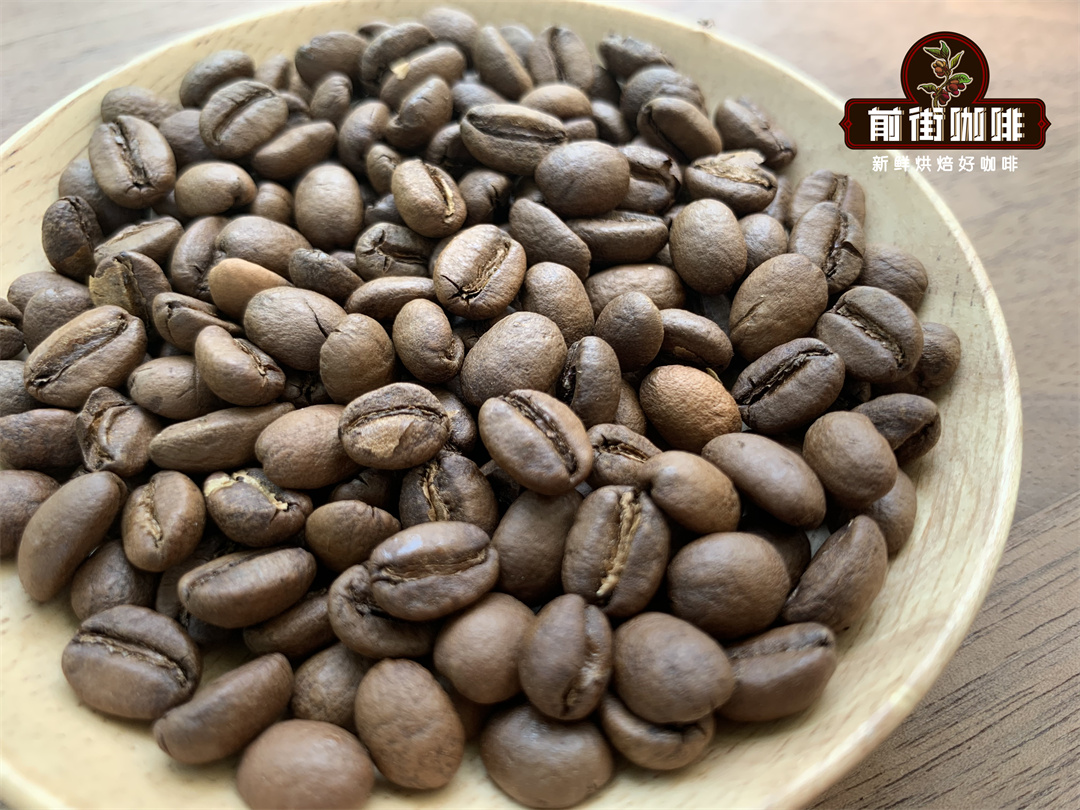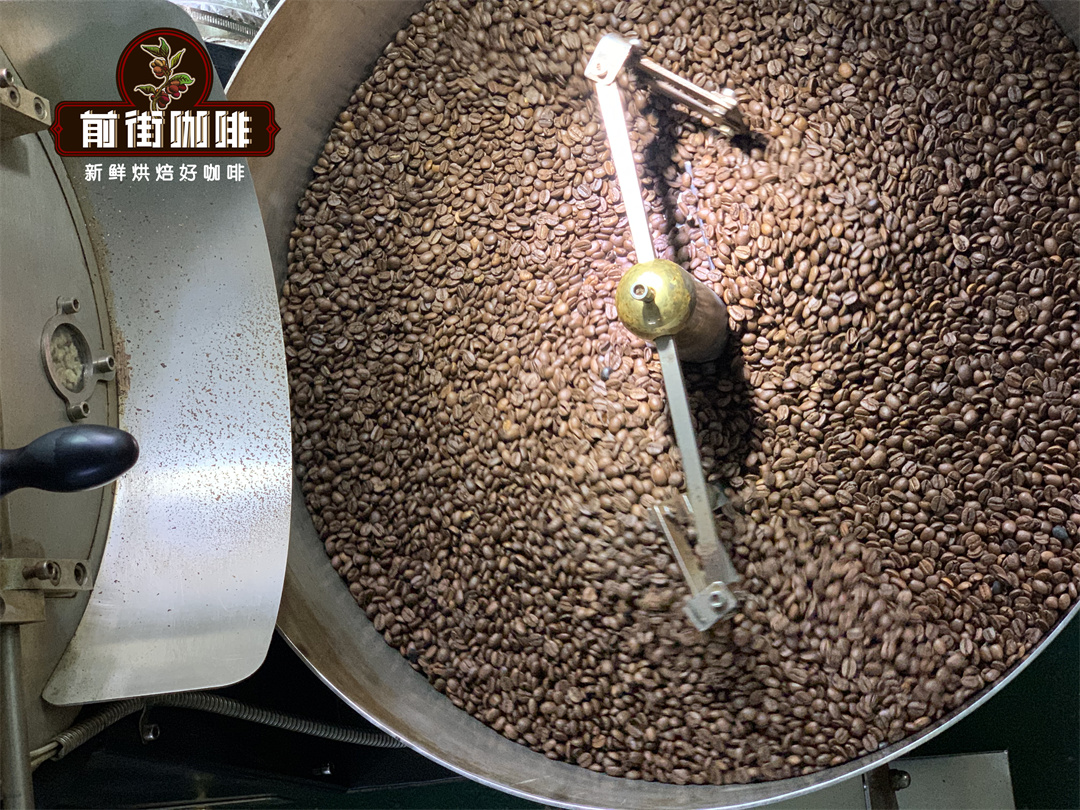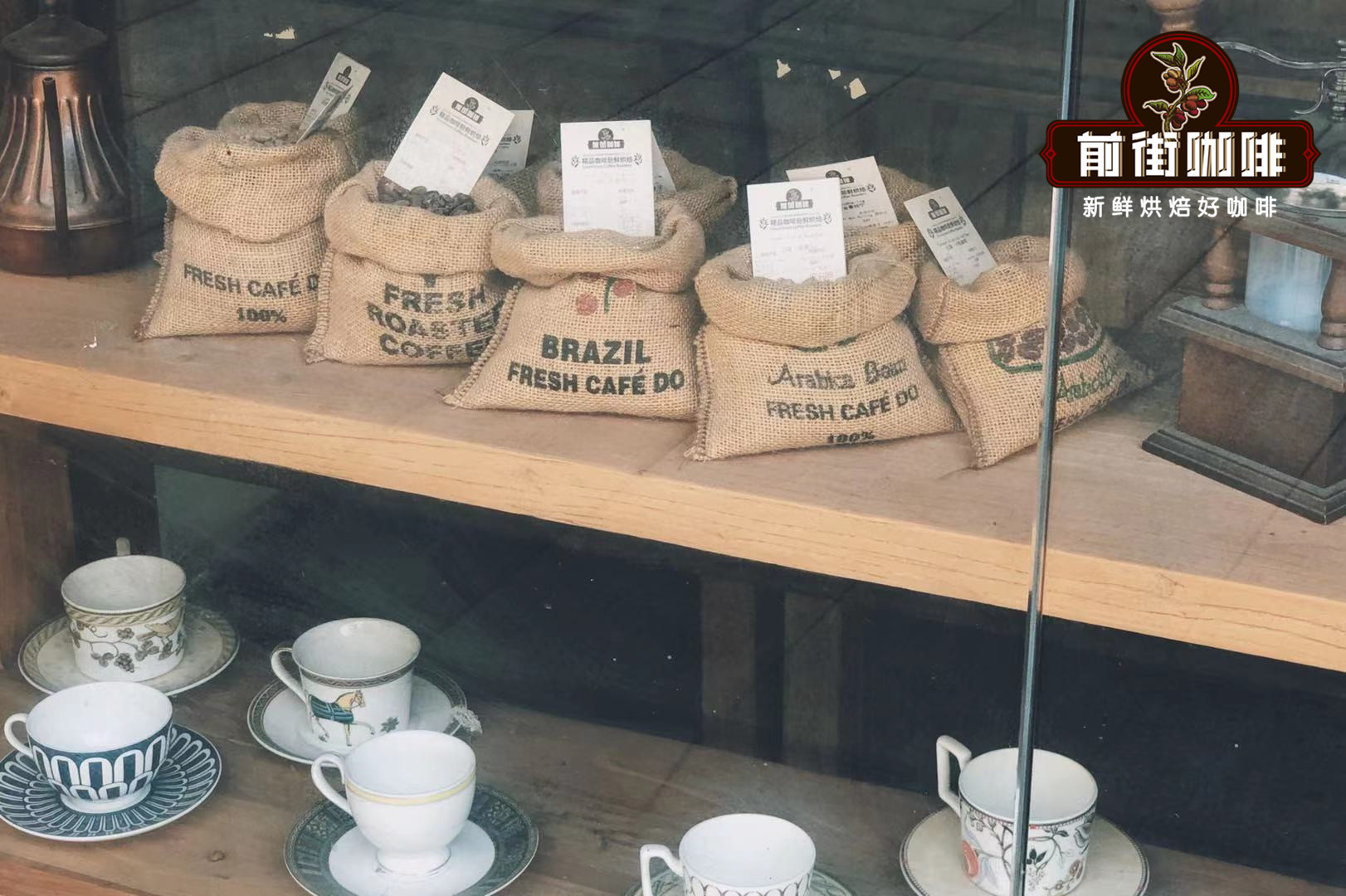The changes brought about by roasting coffee beans, the sour and bitter rules of coffee beans taste

Professional coffee knowledge exchange more coffee bean consultation please follow the coffee workshop (Wechat official account cafe_style)
The taste of coffee is generally made up of bitter and sour tastes, but where do these tastes come from? In addition, why does the balance of bitterness and sour taste change with baking? Qianjie Coffee thinks that if you know why, coffee will become more interesting.

The flavor of coffee mainly comes from the changes in the process of baking.
The deeper the baking, the stronger the bitterness
When it comes to the taste of coffee, many people will first think of the unique bitterness of coffee. Most people think that the bitterness of coffee comes from caffeine, but from the comparison of all the ingredients of coffee beans, the content of caffeine is actually very low. As for the bitterness of coffee, it is mainly due to ingredients other than caffeine. The dried raw beans are mainly composed of polysaccharides (weaves that form plant skeletons, etc.). In addition, it also contains proteins, lipids, sugars (sweet sucrose, etc.), chlorogenic acid, malic acid, citric acid, guainic acid and other acids as well as caffeine.

After baking, coffee beans will appear brown, mainly because sugar, chlorogenic acid and amino acids produce brown pigment, and brown pigment is also one of the bitter elements.
Brown pigments can generally be distinguished by size, and the larger the molecule, the stronger the bitterness. Shallow roasted coffee beans contain many small molecular pigments, while macromolecular pigments tend to increase with the deepening of the baking degree. In other words, the deeper the baking degree, the stronger the bitterness is affected by the change of pigment.
The main ingredient of sour coffee is guainic acid.
The sour taste felt when drinking coffee is not the acidic components such as malic acid or citric acid in raw beans, but mainly due to the newly formed acid caused by the chemical reaction caused by baking and heating. It mainly comes from the guainic acid produced after the decomposition of chlorogenic acid, which has a significant effect on enhancing the sour taste, in addition, there are a lot of acetic acid and phosphoric acid.
Even if the raw beans have not yet reached the level of shallow baking, even at a fairly shallow stage, the total amount of acid (especially guainic acid) will continue to increase. When the temperature begins to rise further, thermal decomposition begins, and as the baking degree deepens, the amount of acid decreases gradually. It is also for this reason that the deeper the degree of baking, the sour taste will weaken.
The content of sugar and chlorogenic acid in raw beans will vary according to the differences between native species such as Arabica and Ghanaian Fra, and even the planting environment, and this difference will also affect the personality of coffee beans.
For more boutique coffee beans, please add private Qianjie coffee on Wechat. WeChat account: kaixinguoguo0925
Important Notice :
前街咖啡 FrontStreet Coffee has moved to new addredd:
FrontStreet Coffee Address: 315,Donghua East Road,GuangZhou
Tel:020 38364473
- Prev

What determines the caffeine in coffee beans? is caffeine good for the human body?
Professional coffee knowledge exchange more coffee bean consultation Please follow the coffee workshop (Wechat official account cafe_style) said that the first reaction that comes to mind should be to play a refreshing and refreshing effect on caffeine, ha, how amazing it is that the legendary animal sheep once stayed up at night because they danced after eating coffee fruit. For many people, every morning
- Next

Characteristics and uses of Robusta coffee beans how to mix Indonesian coffee beans and Vietnamese coffee beans
Professional coffee knowledge exchange more coffee bean consultation Please pay attention to the coffee workshop (Wechat official account cafe_style) boutique coffee beans, hear the most is Arabica coffee beans, then when it comes to Robusta coffee beans, is not in the boutique coffee scope, and Robusta may only know that the flavor is not very good, used in the commercial bean this impression, then today the front street coffee
Related
- Beginners will see the "Coffee pull flower" guide!
- What is the difference between ice blog purified milk and ordinary milk coffee?
- Why is the Philippines the largest producer of crops in Liberia?
- For coffee extraction, should the fine powder be retained?
- How does extracted espresso fill pressed powder? How much strength does it take to press the powder?
- How to make jasmine cold extract coffee? Is the jasmine + latte good?
- Will this little toy really make the coffee taste better? How does Lily Drip affect coffee extraction?
- Will the action of slapping the filter cup also affect coffee extraction?
- What's the difference between powder-to-water ratio and powder-to-liquid ratio?
- What is the Ethiopian local species? What does it have to do with Heirloom native species?

